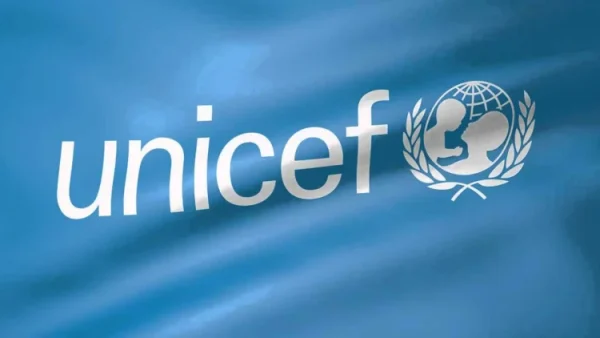United Nations Children Fund (UNICEF) has urged the federal government to strengthen policy reforms prioritizing child-sensitive budgets.
UNICEF country representative in Nigeria, Cristian Munduate, stated this at the 29th Nigerian Economic Summit (NES 29) in Abuja.
She said “When we are just talking about policies, it is too general, there should be a policy saying we guarantee health for all children, but if we are not addressing those two million children who are there without vaccines and we cannot say this year we reach one million and the second year we reach the two million, we cannot say we have solved the problem.”
Quoting existing statistics, Munduate noted that Nigeria has the second highest child mortality rate in West Africa, adding that four in 10 children (nearly 75 million children) in the country live in poverty.
she said “77 percent of children under five years in Nigeria are without a birth certificate in 2016/17.
“One in three children in Nigeria are out of school. Over 10 million at primary school level. Over eight million at the junior secondary level.
Of those in school, three out of four children cannot read or solve simple mathematics.
“Four million women give birth every year without care from skilled birth attendants. Over 2.4 million children less than one year have never been vaccinated.
“40 percent of children 12 – 23 months are zero doze. Six percent of public spending on health below the 15 percent of international benchmark (Abuja declaration).”
On the way out, she identified strengthening of policy reforms prioritizing child-sensitive budgets, accelerating demand for social services by reinforcing participation, removing financial barriers for poor households/individuals through cash transfer and strengthening accountability framework and monitoring mechanisms elements of policy designs and implementation.
The chairman of NESG, Niyi Yusuf, underscored the profound impact of child rights violations on the nation’s development and called for vigorous action to improve the life of children who are the future of the country.
“Multidimensional poverty in Nigeria is intrinsically linked to child rights violations, with grave economic repercussions. In 2021, Nigeria suffered an astonishing $40 billion loss due to unequal access to education. Furthermore, annual per capital growth faces a 0.55 percent setback stemming from declining school enrolments, while the economic toll of violence against Nigerian children is estimated at approximately USD $6.1 billion,” he said.


